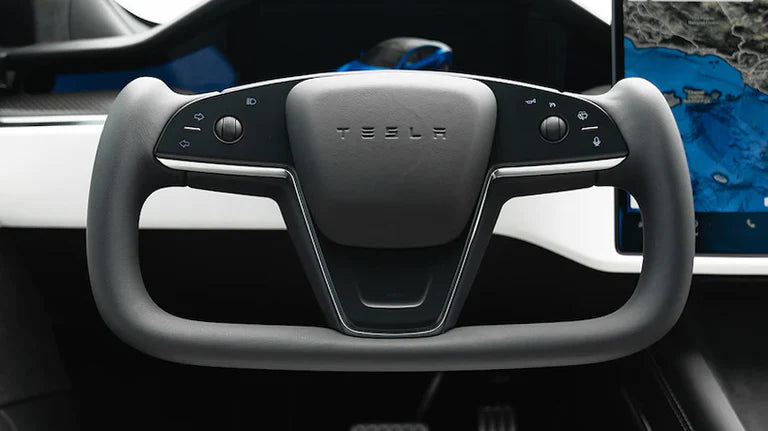As electric vehicles (EVs) become increasingly popular across the U.S., many families are weighing the true costs of EV ownership against traditional internal combustion engine (ICE) vehicles. Here, one household with two Mini Cooper SE EVs and a 9 kW solar setup shares their detailed experience comparing weekly charging expenses with gasoline costs, alongside insights from other EV owners nationwide.
Just $3 to Drive 126 Miles Weekly vs. $15 on Gasoline
This household drives approximately 126 miles each week, spending only about $3 on electricity to charge their EVs. In contrast, an average ICE vehicle with 24.4 MPG fuel economy consumes roughly 5.16 gallons of gas per week, costing about $15 (based on $3.12 per gallon). This difference adds up to an annual saving of around $600.
Their 9 kW solar system helps offset home and vehicle electricity use, balancing summer surplus against winter shortages. With a 20-year warranty and a 30% federal tax credit (which also applied to a new roof installation), they estimate a 5-7 year payback period on their solar investment. This synergy between solar and EV charging boosts their overall energy efficiency and savings.
Charging Convenience and Cost Management
Though initially skeptical of a $3 per hour flat rate at their workplace ChargePoint station, the owner found that arriving with 52% battery meant only a short charge (about 20%) was needed before unplugging — minimizing costs and avoiding unnecessary charging time. This illustrates how EV owners can strategically manage charging to optimize convenience and expense.
Impact of Regional Electricity Rates on EV Affordability
Comments from other EV drivers highlight how regional electricity prices affect overall savings:
-
A driver in upstate New York reports paying $0.21 per kWh, leading to roughly $60 monthly fuel savings compared to gasoline, though higher insurance costs offset these savings.
-
Another user notes nighttime electricity rates as low as $0.02/kWh in their area, making home charging extremely economical.
-
Conversely, households with electric heating report winter electricity bills exceeding $1,000/month, which can reduce EV cost advantages.
These examples underscore that the economic benefits of EVs depend heavily on local electricity pricing, personal driving patterns, and household energy consumption.
Maintenance and Lifestyle Considerations
Several commenters mention EV maintenance costs are lower and less time-consuming than ICE vehicles, with routine tasks like air filter replacements costing around $15 if self-serviced. One user prefers EVs despite similar operating costs to ICE vehicles because of home charging convenience and reduced maintenance hassle.
Conclusion
This real-world example from a dual EV household shows significant savings on fuel costs compared to traditional gasoline vehicles, especially when combined with solar power. While regional electricity prices and individual circumstances vary, EVs offer compelling economic and lifestyle benefits, with savings expected to grow as infrastructure and technology improve.
Author: Lay Wen








Share:
How to Power Your RV Using EV Bidirectional Charging?
Is Using the Included Level 1 Tesla Charger Against NEC 625 and HOA Regulations?